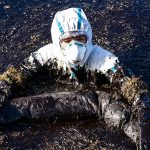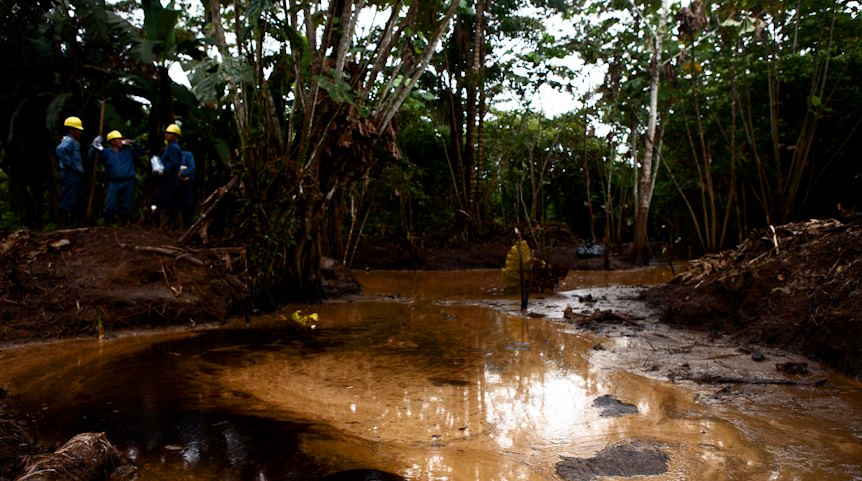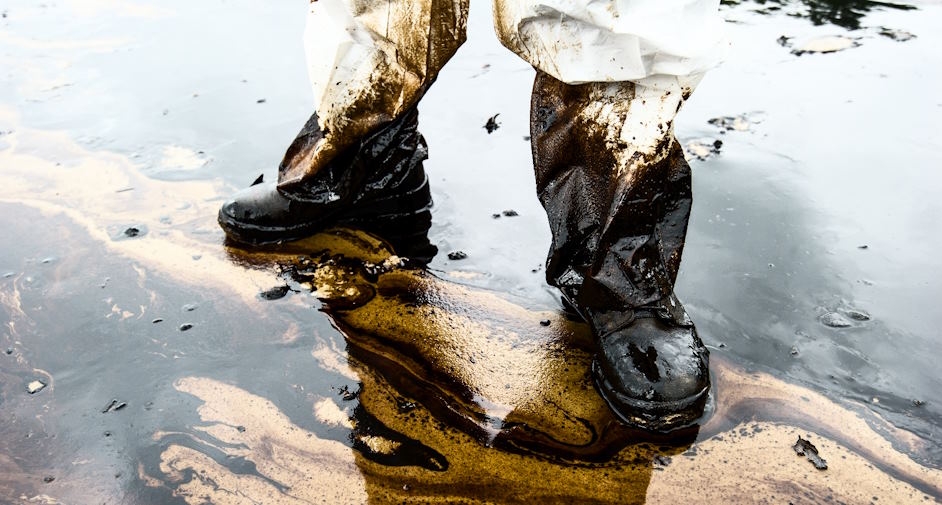
Human Health Risks Posed by Oil Spills
Oil spills are not just environmental disasters; they also pose significant risks to human health. In this article, we’ll delve into the often-hidden dangers of oil spill health risks, explore the link between oil spills and human well-being, and understand the toxicological impact of these incidents on our health.
Hidden Dangers of Oil Spill Health Risks
Oil spills are accompanied by a myriad of hidden health risks that can affect individuals and communities in various ways:
- Air Pollution
Oil spills release volatile organic compounds (VOCs) into the air, leading to air pollution. Inhalation of these pollutants can cause respiratory problems, irritation, and long-term health issues.
- Water Contamination
Oil and its byproducts can contaminate drinking water sources. Consuming contaminated water or seafood from affected areas can result in gastrointestinal illnesses and other health problems.

The Link Between Oil Spills and Human Well-being
The impact of oil spills extends beyond environmental concerns and touches on various aspects of human well-being:
- Occupational Hazards
Workers involved in oil spill cleanup are at the frontlines of exposure. They face risks such as skin contact with toxic substances, inhalation of fumes, and physical injuries during cleanup efforts.
- Psychological Impact
Communities near oil spill sites often experience psychological stress. The fear of health problems, economic losses, and disruptions to daily life can have long-lasting effects on mental well-being.
Exploring the Toxicological Impact of Oil Spills on Human Health
Understanding the toxicological impact of oil spills on human health is crucial to comprehending the full scope of the risks involved:
- Chemical Exposure
Crude oil contains toxic chemicals like benzene, toluene, and polycyclic aromatic hydrocarbons (PAHs). Prolonged exposure can lead to cancer, reproductive issues, and organ damage.
- Food Chain Contamination
Oil spills can enter the food chain through marine life. Consuming contaminated seafood can lead to health problems as toxins accumulate in the human body.

Preventing and Mitigating Health Risks
To safeguard human health in the event of an oil spill, several preventive measures and strategies can be implemented:
- Protective Gear
Workers involved in cleanup must wear appropriate protective gear to minimize contact with hazardous substances. Proper training and safety protocols are crucial.
- Public Awareness
Communities in oil spill-prone areas should be educated about health risks and preventive measures. Early warning systems and emergency plans can reduce exposure.
Oil spills not only harm the environment but also jeopardize human health in myriad ways. Understanding the hidden dangers, the link between oil spills and human well-being, and the toxicological impact is essential for taking proactive measures. By prioritizing protective gear, public awareness, and preventive actions, we can minimize the health risks associated with oil spills. It is our collective responsibility to ensure that both our environment and our well-being are safeguarded from the far-reaching consequences of these disasters. In doing so, we can work toward a healthier and more resilient future for all.